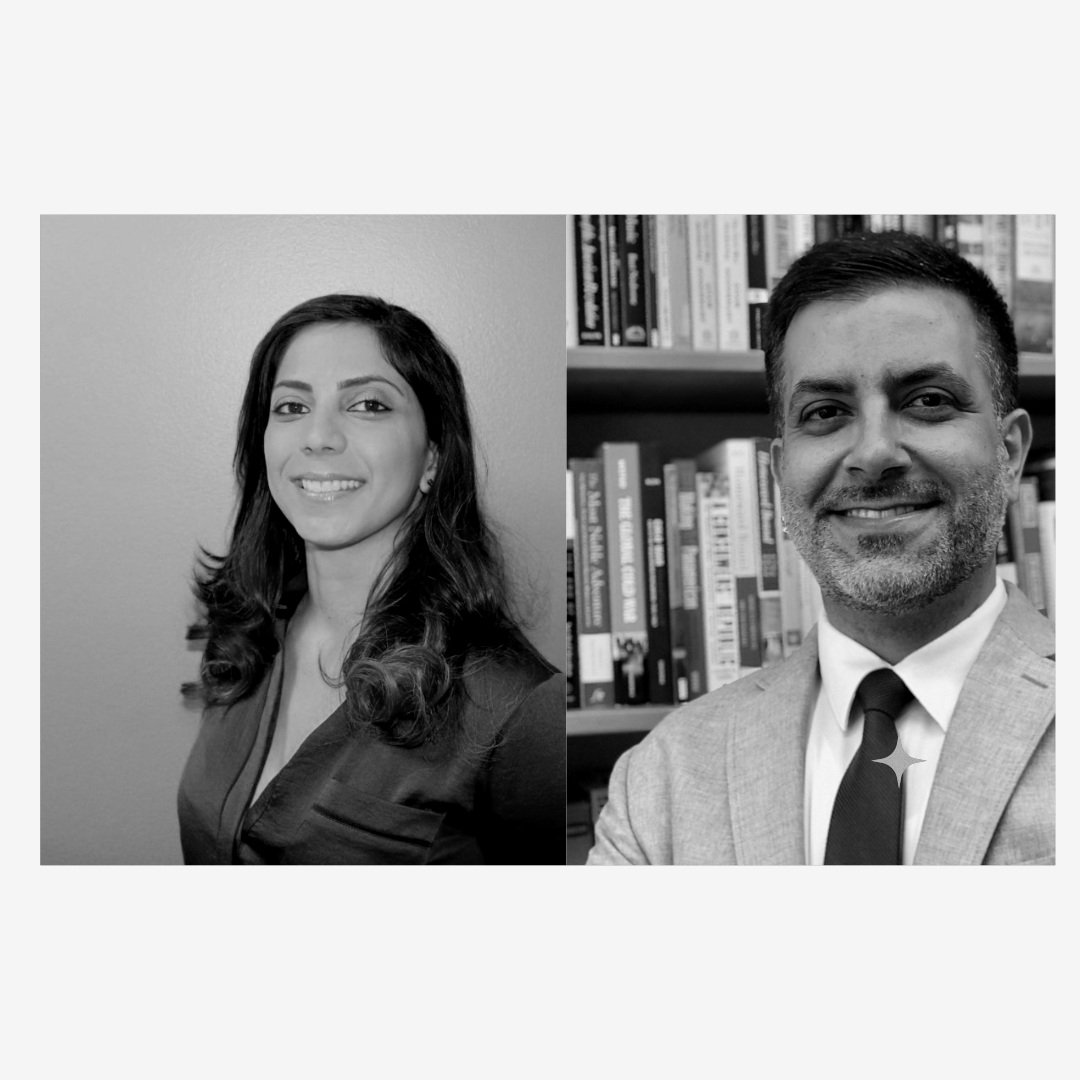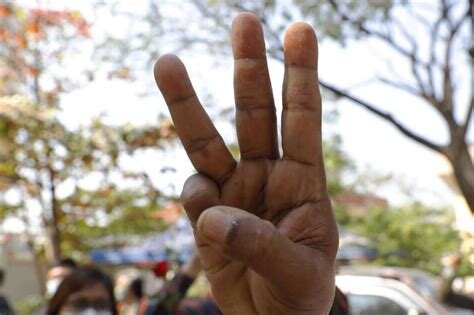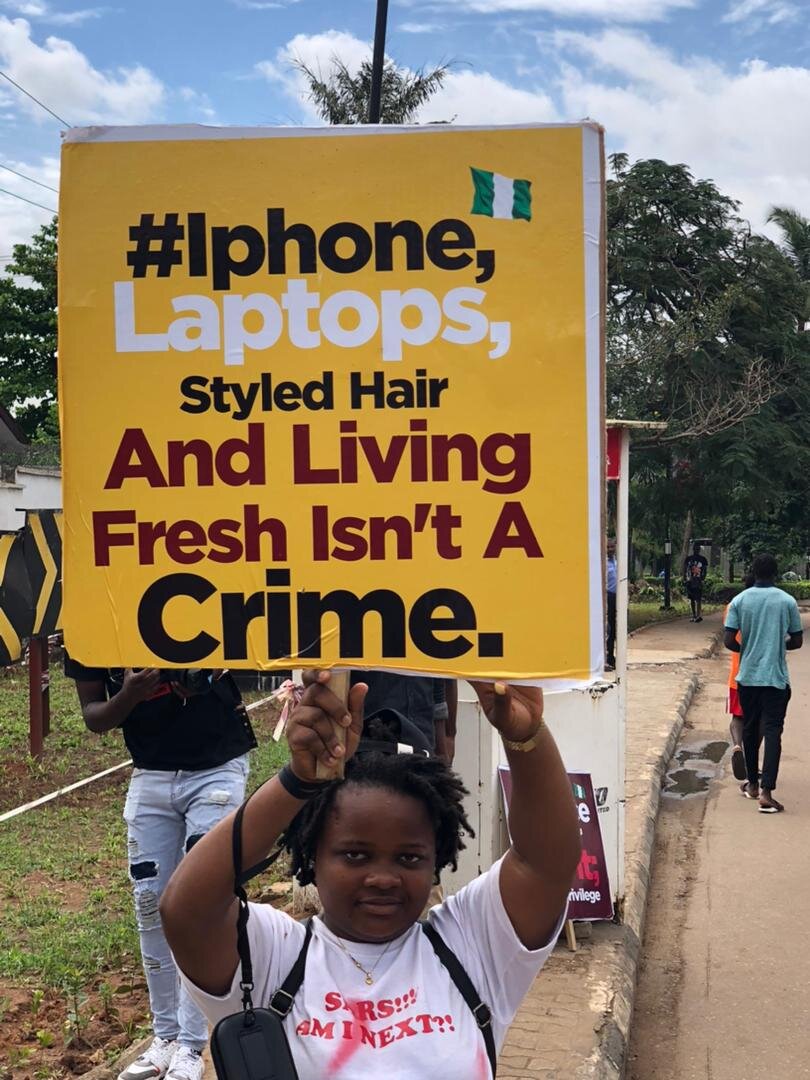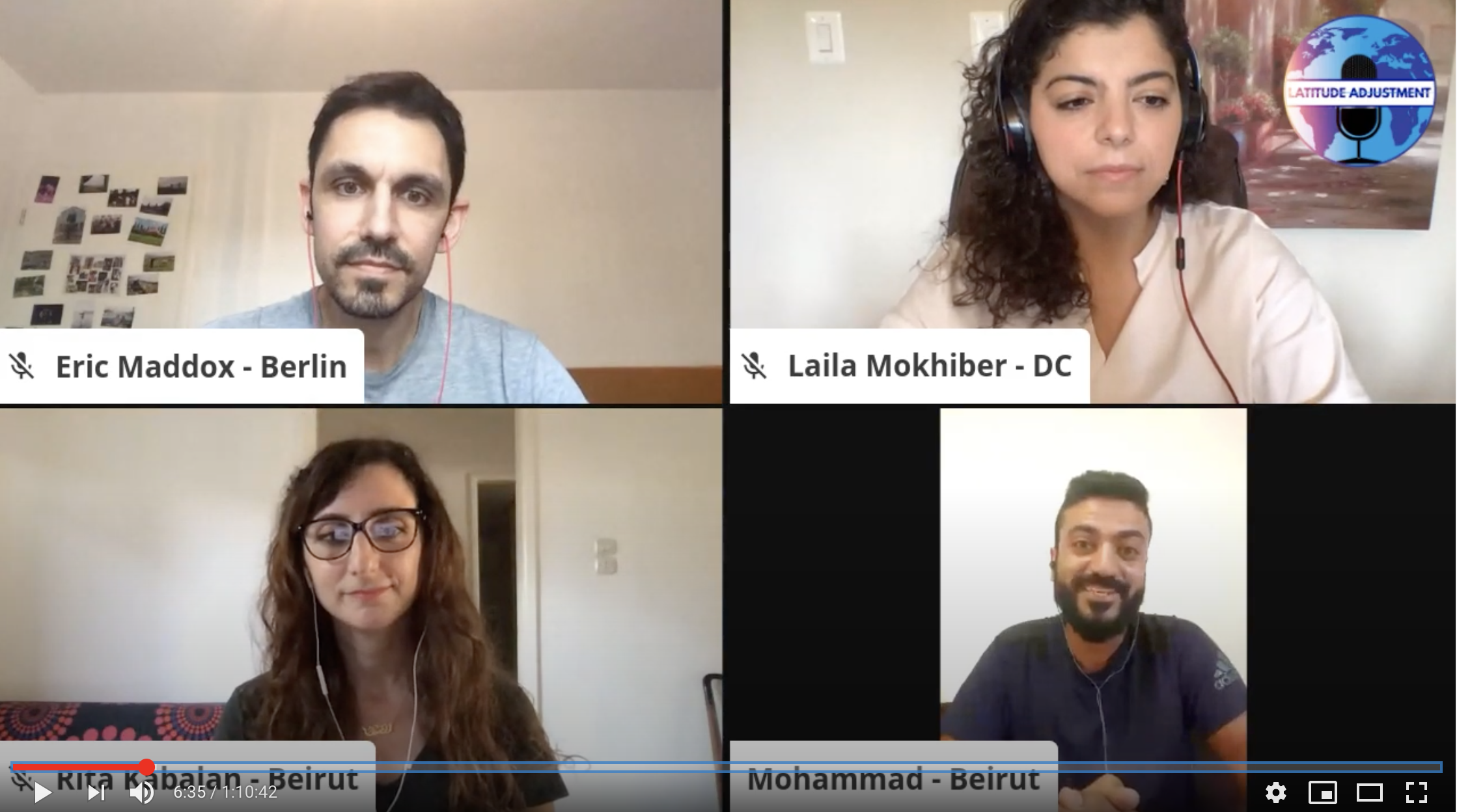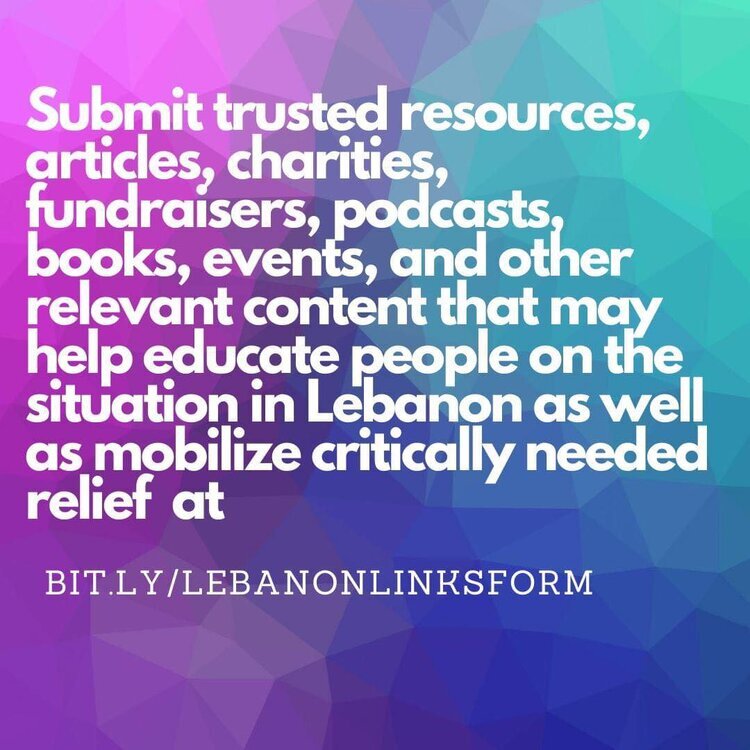On September 13th of last year 22-year-old Mahsa Amini was visiting Tehran with her family, having traveled from Irans’ Kurdish region. While in Tehran she was stopped by Iran’s morality police for improperly wearing her hijab, or head covering. Three days after her arrest she was dead. In the days, weeks, and months following her death Iran has seen nationwide protests, and while protests are not a particularly new thing in Iran, what’s unprecedented about these protests are the calls not simply for reforms but for the toppling of Iran’s theocratic regime, a regime that has been in power since the Iranian Revolution of 1979. Today’s episode provides an update on the protests.
Last month also saw another seismic event in Iranian, and Middle East politics. After decades of saber rattling, proxy wars, and general hostility, China helped to negotiate the reestablishment of diplomatic ties between The Kingdom of Saudi Arabia and the Islamic Republic of Iran. What this means for the two regional super powers, for those within their spheres of influence, and for geopolitics will be the focus of the second half of our show.
Dr. Assal Rad received her PhD in Middle Eastern History from the University of California, Irvine in 2018. Her PhD research focused on Modern Iran, with an emphasis on national identity formation, and identity in post-revolutionary Iran. She’s also author of ““The State of Resistance: Politics, Culture, and Identity in Modern Iran”.
Dr. Pouya Alimagham is a historian of the modern Middle East at Massachusetts Institute of Technology. His areas of expertise range from revolutionary movements, Political Islam and post-Islamism, terrorism, US foreign policy, and contemporary politics. He’s also the author of “Contesting the Iranian Revolution: The Green Uprisings" (Cambridge University Press).

